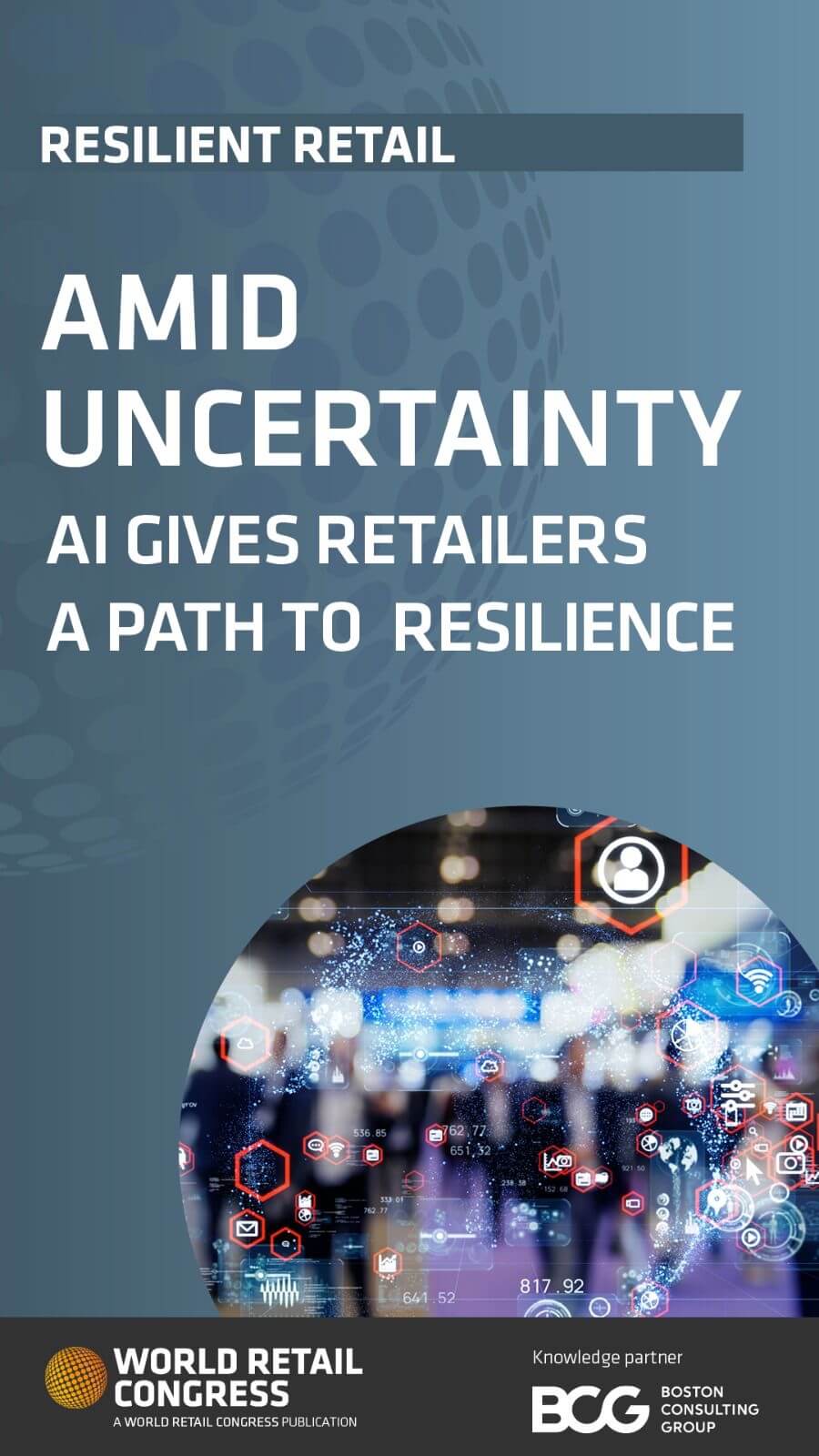القادة في مجال التجزئة قلقون بشكل متزايد بشأن ارتفاع التكاليف وتراجع الإنفاق الاستهلاكي وعدم استقرار سلسلة التوريد، وفقًا لاستطلاع حديث أجرته مجموعة بوسطن للاستشارات الإدارية والمؤتمر العالمي للتجزئة. أفاد التقرير المسمى “وسط العدمية ، يوفر الذكاء الاصطناعي للمتاجر مسارًا للصمود” والذي استطلع آراء أكثر من 550 قائدًا كبيرًا من 12 قطاعًا تجاريًا بأن معظم التجار لا يتناولون هذه المخاوف بحلول طويلة الأمد مثل استخدام الذكاء الاصطناعي. بدلاً من ذلك، يركزون على الإصلاحات العاجلة مثل زيادة الأسعار وتشغيل حملات تسويقية.
يوصي التقرير بأن يستخدم المتاجر الذكاء الاصطناعي لإنشاء استراتيجية تسعير جديدة من الجيل التالي من خلال تمكين التسعير الجغرافي والمستند إلى القناة، وتغيير الأسعار بشكل ديناميكي، وتقديم العروض الشخصية، باستخدام التعلم الآلي لفهم مرونة الأسعار وجعل توقعات التسعير، ومحاكاة وتحسين تغييرات الأسعار عبر مواقع الأسعار المختلفة وخطط الترويج والتخفيضات واستراتيجيات التخصيص، ومراقبة مصادر البيانات ذات الصلة للمنافسين والبدائل مثل وسائل التواصل الاجتماعي في الوقت الحقيقي للاستجابة لحركات المنافسين وإشارات الطلب بسرعة.
كما كشفت الدراسة عن أن معظم المتاجر يهملون استخدام الذكاء الاصطناعي كأداة
Retail leaders are increasingly concerned about rising costs, declining consumer spending, and supply chain volatility, according to a recent survey by Boston Consulting Group (BCG) and the World Retail Congress (WRC). The report, titled Amid Uncertainty, AI Gives Retailers a Path to Resilience, surveyed over 550 senior leaders from 12 retail sectors and found that most retailers are not addressing these concerns with long-term solutions like AI. Instead, they are focused on short-term fixes like increasing prices and running marketing campaigns.
The report suggests that retailers can leverage AI to create a next-generation pricing strategy by enabling geographic and channel-based pricing, dynamic price changes, and personalized offers, using machine learning to better understand price elasticity and make pricing forecasts, simulating and optimizing price changes across different price positions, promotion plans, markdowns, and personalization strategies, and monitoring relevant competitor and alternative data sources such as social media in real-time to respond to competitor moves and demand signals quickly.
The study also revealed that most retailers are neglecting AI as a tool to provide a more personalized shopping experience to help overcome declining consumer spending. Instead, the most common approaches were investments in loyalty programs, product offering optimization, price promotions, and digital customer experience investments. The report suggests that retailers can unlock strategic and financial value by starting their AI journeys and addressing their top concerns, identifying challenges the organization faces and how AI can help solve them while creating sustainable advantages, determining the use cases that can unlock the most business value, prioritizing these high-value use cases based on business opportunity, feasibility, and ambition, building, testing, and iterating the technology, and then scaling quickly to deliver fast impact, build capability, and transform the organization throughout the journey.
According to Tiffany Yeh, BCG managing director and partner and co-author of the report, “The new, post-pandemic retail environment is more challenging, complex, and competitive than before. The vast majority of retailers are overlooking an opportunity to embrace AI-powered solutions. It is now a matter of acting today to harness this advantage to drive the business into the future.”
Measures Taken to Mitigate Negative Effects: Efforts are underway to mitigate the negative effects of mining on the environment. Restoration techniques are used to restore damaged ecosystems. Mining companies are also encouraged to implement environmental management measures to minimize the impacts of their activities. Green technologies are used to reduce the carbon footprint of mining, including the use of renewable energy and electric vehicles.





